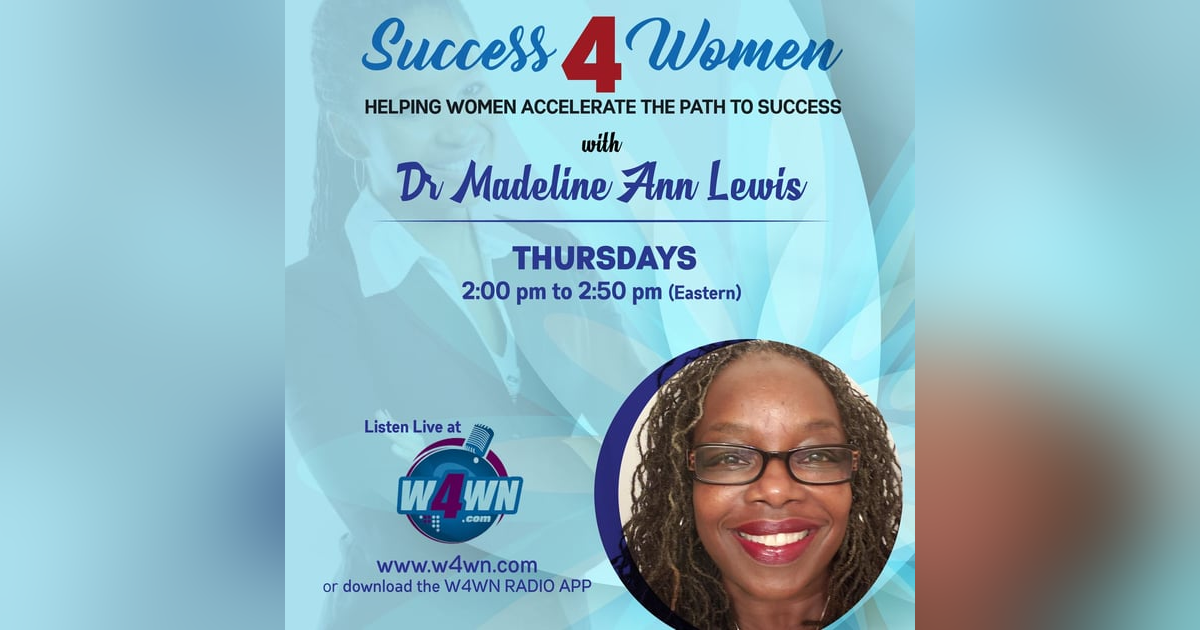About this Habit : Get the Right Mentor – and Follow Their Advice
Welcome, Empowered Leaders,
Today, we dive into the transformative power of mentorship. This lesson is crafted to equip you with the knowledge and skills to identify, engage, and benefit from a mentoring relationship, enhancing your career path and personal growth. Let's embark on this journey to unlock the potential that a great mentor can bring into your life.
Introduction:
Let me start with a story that highlights the incredible impact of mentorship. Picture this: Oprah Winfrey, a media mogul and philanthropist, often credits her success to the mentorship she received from Maya Angelou. Angelou provided guidance, perspective, and encouragement, helping Oprah navigate her career and personal challenges. This story illustrates how a mentor can be a pivotal force in achieving success.
Now, let's set the scene. Having a mentor is not just beneficial—it's essential. A mentor provides guidance, perspective, and opportunities that are crucial for climbing the ladder to success. They help you see beyond your current limitations and inspire you to reach new heights.
Core Content:
Defining What You Want from a Mentor:
Clarity is key in any mentoring relationship. Before seeking a mentor, it's important to understand what you hope to gain from the relationship. Are you looking for career advice, personal growth, or specific skills?
Activity: List your career goals and what you hope to gain from a mentor. This clarity will guide you in finding the right mentor.
Structuring the Mentoring Relationship:
A successful mentoring relationship requires clear expectations and boundaries. Establishing a structure ensures that both parties benefit from the relationship.
Example: Set up regular meetings and define mutual goals. This framework provides a roadmap for the mentoring journey.
Finding a Good Mentor:
Identifying potential mentors can be challenging, but it's crucial to find someone who aligns with your goals and values. Look within and outside your field for diverse perspectives.
Example: Use networking and professional associations to find mentors. These platforms provide access to experienced individuals willing to share their knowledge.
What Makes a Good Mentor:
A good mentor possesses qualities such as experience, empathy, and the ability to challenge and support you. They are invested in your success and provide honest feedback.
Example: Consider a case study of a successful mentor-mentee relationship. Analyze the qualities that made the mentor effective.
What a Mentor Will Provide:
Mentors offer various forms of support, from career advice to personal development. They help you navigate challenges and celebrate your successes.
Activity: Brainstorm what you would like to receive from a mentor. This will help you communicate your needs effectively.
What Makes a Good Mentee:
As a mentee, it's your responsibility to be proactive, receptive, and respectful. A successful mentoring relationship is a two-way street.
Example: Learn from a story of a mentee who maximized their mentoring relationship. Understand the actions they took to benefit fully.
Difference Between a Mentor and a Sponsor:
It's important to distinguish between a mentor and a sponsor. While both are valuable, they serve different roles in your career development.
Example: Provide scenarios where a sponsor might be more beneficial than a mentor. Understand the unique contributions each can make.
Warning Signs of an Unhealthy Mentoring Relationship:
Not all mentoring relationships are beneficial. Be aware of red flags and know how to address them if the relationship becomes unproductive or detrimental.
Example: Discuss steps to take if a mentoring relationship is not meeting your needs. Learn how to navigate these challenges effectively.
Interactive Activity:
Group Exercise:
Divide into small groups to role-play a mentoring meeting. Facilitate a discussion on how to approach a potential mentor and set expectations. This exercise will help you practice the skills needed to engage effectively with a mentor.
Conclusion:
Recap & Reflect:
Today, we've explored the transformative power of mentorship. Reflect on your current or desired mentoring relationships and identify areas for improvement. Remember, the right mentor can be a catalyst for your success.
Call to Action:
Identify a potential mentor, outline how you would approach them, and what you hope to achieve from the relationship. This proactive step will set you on the path to a fruitful mentoring experience.
Closing:
Q&A Session:
Let's open the floor for questions and insights. Share your experiences related to mentorship and learn from each other. This collaborative exchange will enrich your understanding and application of mentorship in your journey.




























